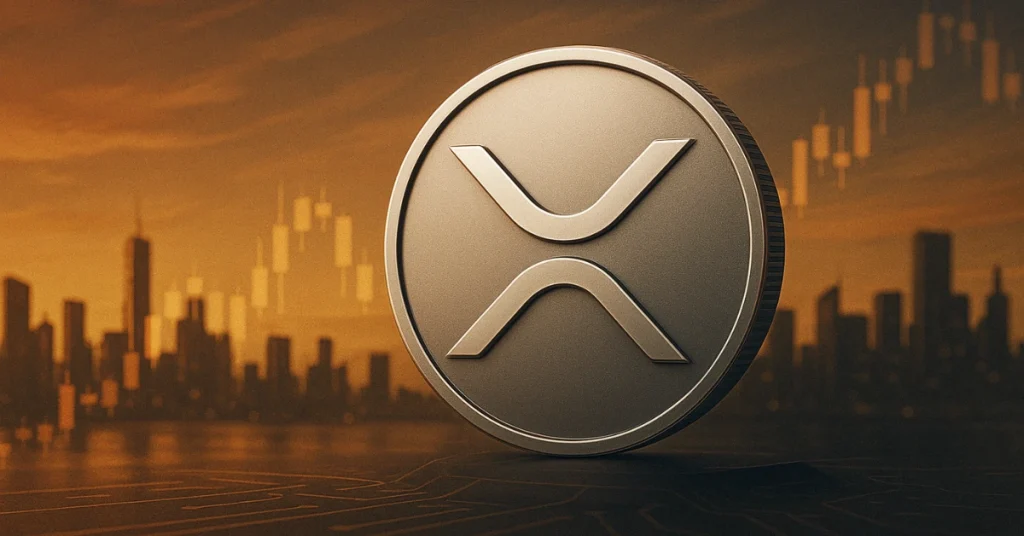
Sam Altman, who is currently attracting attention from all over the world as the CEO of OpenAI, is working not only on generative AI, but also on the “Worldcoin” project.
The company behind the project, Tools for Humanity, recently announced that it has raised $115 million (approximately ¥15.5 billion, at an exchange rate of ¥135 to the dollar) from venture capital.
The fundraising looks like a last ditch effort to raise money in Silicon Valley, like the “name-driven slot machine” that was fostered by the past decade of easy fundraising. There seems to be little rational reason, ethical or financial, to support the project.
What is Worldcoin’s value proposition?
In a nutshell, Worldcoin’s core appeal is “The Orb,” a device that scans users’ retinas and can later be used to verify their identities online. Worldcoin’s tokens will be distributed as a form of “Universal Basic Income” (UBI), currently offered as an incentive to volunteers to help with early eye scans.
However, the biggest thing that Worldcoin lacks is that it is unclear what value the Worldcoin token will have after it goes into circulation. It is extremely difficult to imagine a memetic coin based on the Ethereum blockchain, where a token with an obscure tokenomics model can be exchanged for necessities such as food and housing in the long term.
So it’s easy to surmise that the UBI element of the project is just a veneer of its true purpose, which is to solve the problem of digital identity (DID). But in truth, Worldcoin’s approach to DID is equally bad, fraught with risks, moral twists, and more.
This duality is just one example of the incoherence surrounding the paraphrasing used to pitch Worldcoin. The company goes to great lengths to convey that Worldcoin is both a philanthropy and an opportunity to make huge profits (both of which Altman also pursued with OpenAI).
This is the dangerous extreme of Silicon Valley’s delusion that collecting massive amounts of data can both make the world richer and make the world a better place.
far from reality
As Worldcoin moves from concept to practice, the dangers of its complacent mindset become increasingly apparent. Even in the early stages of the current situation, under the guise of generosity, it sows the seeds of global chaos and massive exploitation.
Tech media MIT Technology review interviewed dozens of participants in the initial Worldcoin implementation process, which is currently taking place in 24 countries, including 14 developing countries. The result was a disturbing revealing of the reality of the project.
“Our research reveals a significant gap between Worldcoin’s official messaging, which focuses on privacy protection, and what users experience. was found to have collected more personal data than it should have and without meaningful informed consent, which violates the European Union’s General Data Protection Regulation (GDPR) and national laws there is a possibility”
Meanwhile, in China, a black market for biometric iris data has reportedly emerged among users who use Worldcoin wallet apps and want Worldcoin rewards. The data comes from developing countries such as Cambodia and Kenya, the seller said. So the basic model of Worldcoin is already an incentive for privacy violations.
This is not just a moral issue. GDPR in particular is a very serious law, with huge fines for violations. Worldcoin downplays the risk, but inevitably fraud will continue as customer onboarding depends on those who handle Orb. This completely undermines Worldcoin’s goal of solving digital identities.
Venture capital lacks persuasiveness
This time around, a company called Blockchain Capital led the $115 million funding round. To coincide with the announcement, company general partner Spencer Bogart posted a short Twitter thread explaining the rationale for the investment.
The thread was so deceptive and, intentionally or not, surprisingly empty. At the outset, Mr. Bogart said that “Worldcoin was a dystopian and Orwellian nightmare” and “completely changed” the view that it was a “harmful combination of hardware, biometrics, crypto assets, and AI.” ing.
But in a subsequent thread, Bogart offered no rebuttal to those concerns. On the contrary, Worldcoin claims to be “the most compelling solution we have seen” to “the decades-old problem of Sybil attacks,” the vulnerability of the digital world to spoofing.
With no reassuring explanation for the downsides of “persuasive solutions,” Bogard says that exposing people’s biometrics in developing countries to fundamental risks is actually a digital identity. , arguing that it is a worthwhile trade-off for resolving
This seems to overlook the far superior identity solutions pursued by those looking to provide the right solutions with far more integrity than Sam Altman across the crypto ecosystem. what a shame.
These solutions include decentralized, privacy-preserving, and user-controlled solutions that will yield much better long-term results. But explaining them is difficult. Worldcoin’s proposal, on the other hand, is easy enough to understand as long as you don’t think too hard about it.
|Translation and editing: Akiko Yamaguchi, Takayuki Masuda
|Image: “The Orb” by Worldcoin (Worldcoin)
|Original: Worldcoin and the Intellectual Decline of Venture Capital
The post Serious questions about Worldcoin by open AI founder[Column]| coindesk JAPAN | Coindesk Japan appeared first on Our Bitcoin News.

 2 years ago
116
2 years ago
116














 English (US) ·
English (US) ·